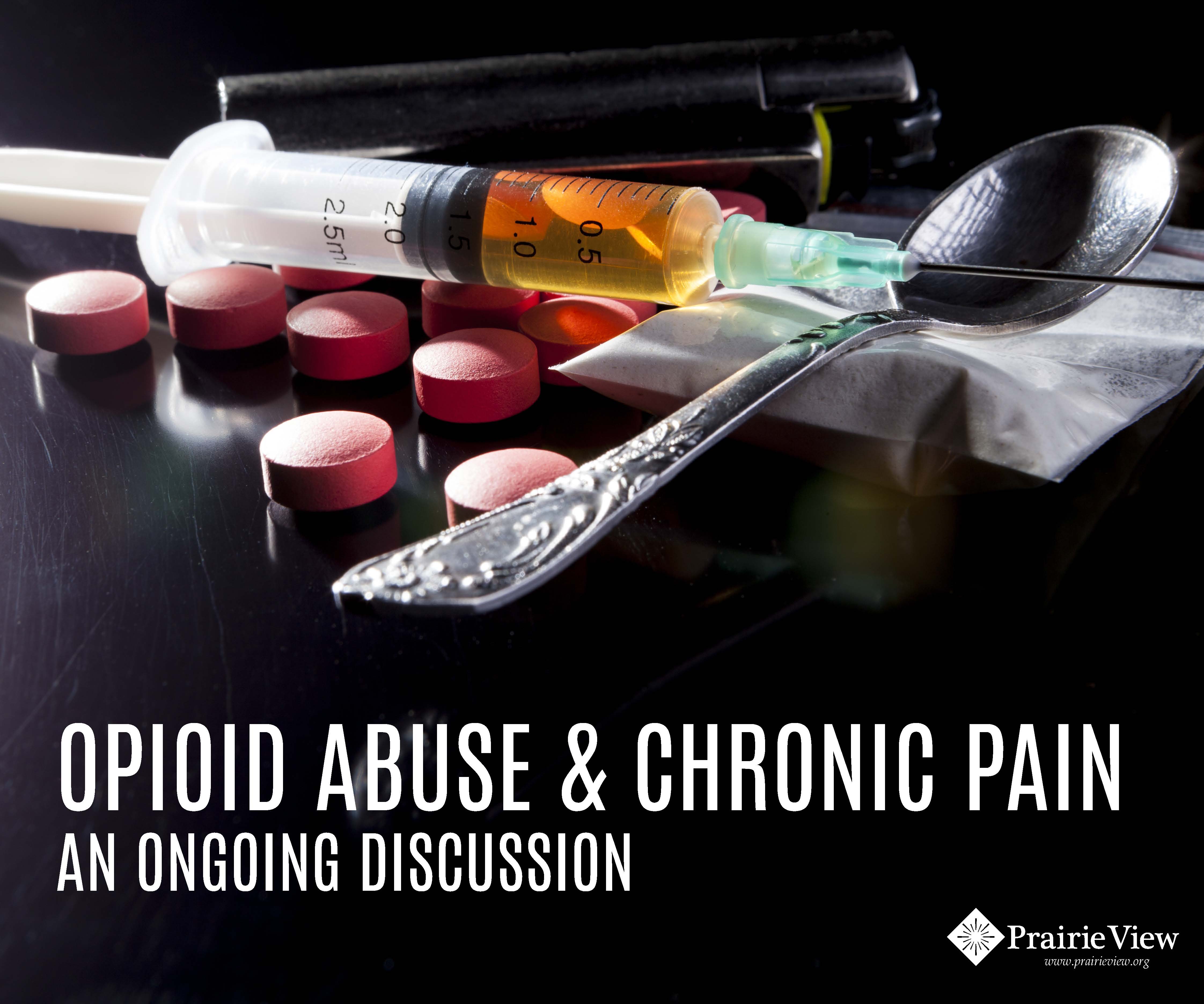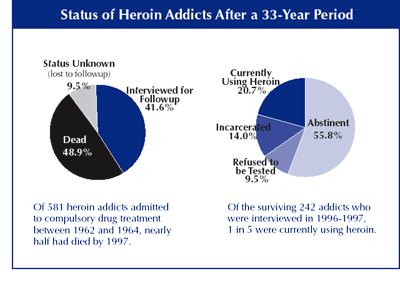Drug addiction tolerance development

Drug addiction tolerance development can be motivated by depression
Drug addiction tolerance development: When the brain is under attack
By nature, rewards usually come only with time and effort. And like I had mentioned before, addictive drugs and behaviors provide a shortcut, flooding the brain with dopamine and other neurotransmitters. Our brains do not have an easy way to withstand the onslaught. Addictive drugs, for example, can release two to 10 times the amount of dopamine that natural rewards do, and they do it more quickly and more reliably. In a person who becomes addicted, brain receptors become overwhelmed. The brain then responds by producing less dopamine or eliminating dopamine receptors an adaptation similar to turning the volume down on a loudspeaker when noise becomes too loud. As a result of these adaptations, dopamine has less impact on the brain’s reward center. People who develop an addiction typically find that, in time, the desired substance no longer gives them as much pleasure. And because of that, the development of drug addiction tolerance begins hence they have to take more of it to obtain the same dopamine “high” because their brains have adapted and that is what is known as tolerance.
Drug addiction tolerance development: Compulsion takes over
At this point, compulsion takes over. The pleasure associated with an addictive drug or behavior subsides and yet the memory of the desired effect and the need to recreate it (the wanting) persists. It’s as though the normal machinery of motivation is no longer functioning. The learning process mentioned earlier also comes into play. The hippocampus and the amygdala store information about environmental cues associated with the desired substance, so that it can be located again. These memories help create a conditioned response—intense craving—whenever the person encounters those environmental cues.
Cravings contribute not only to addiction but to relapse after a hard-won sobriety. From experience, experts from AWAREmed Health and Wellness Resource Center under the able leadership of doctor Dalal Akoury MD, says that any person addicted to heroin is likely to be in danger of relapse when he or she sees a hypodermic needle, like for example, while another person might start to drink again after seeing a bottle of whiskey. Conditioned learning helps explain why people who develop an addiction risk relapse even after years of abstinence. And that is why keeping close touch with the experts is very important.
The formation of this facility (AWAREmed Health and Wellness Resource Center) by doctor Akoury is to primarily make a difference in your life. We understand the dangers drug addiction tolerance can do to your health and all we want to do is to help you get back to your productive life and live it meaningfully. That is why, if you have any concern about addiction of any kind, you can schedule for an appointment with doctor Dalal Akoury today for the commencement of your recovery process.
Drug addiction tolerance development: When the brain is under attack




